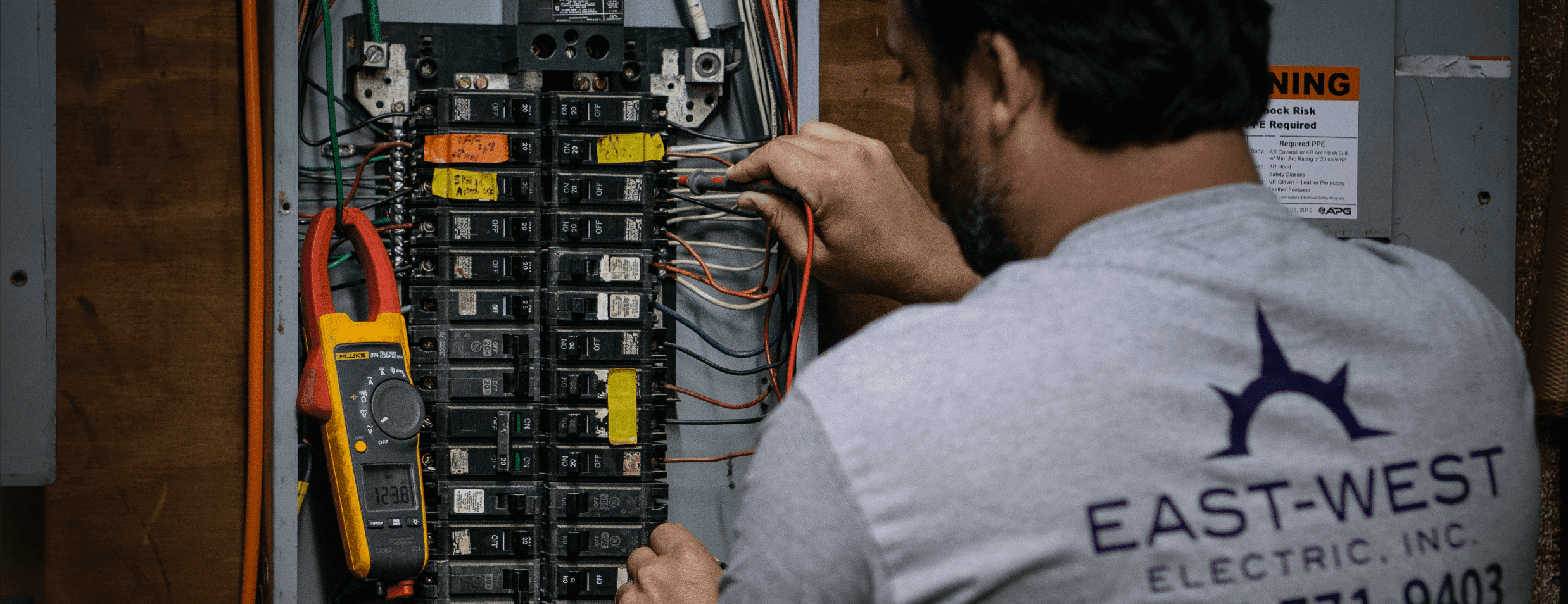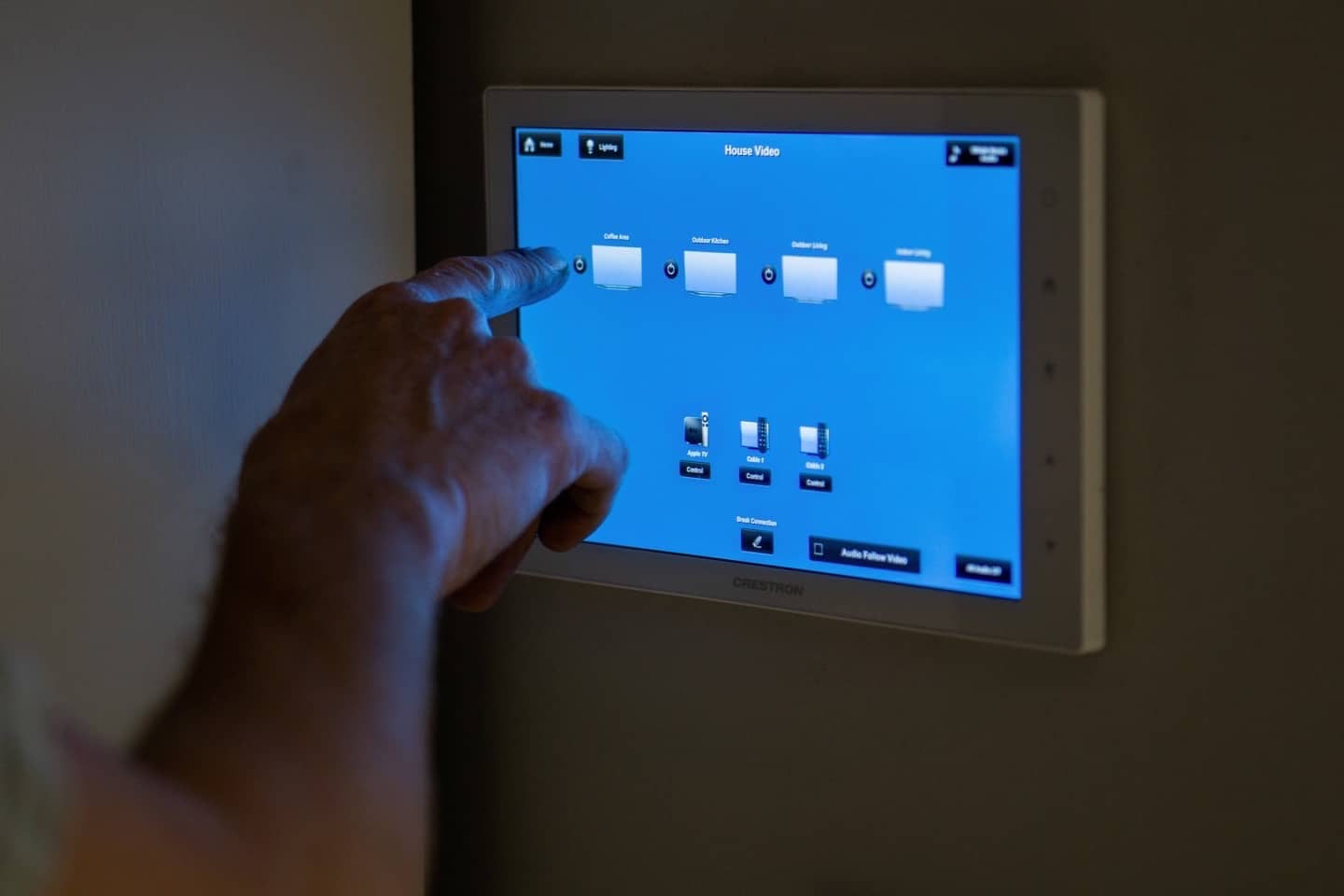If you’ve ever had flickering lights in your home you know they are more than just inconvenient. Electricity is what keeps your home safe and comfortable. When issues arise, this puts your home, family, and well-being in jeopardy. Flickering lights can also be a sign of a much bigger issue.
If you’ve had enough of flickering lights in your house, read on to learn more about why they occur.
Causes of Flickering Lights
In a nutshell, flickering lights happen because of fluctuation or reduction of the house’s voltage. This results in lights going on and off for a moment. Several issues can cause light flickering. Understanding some of the most common issues will help you know what to do to solve the problem.
A few of the most common causes of flickering lights are:
1. Large Current Draws
The larger appliances in your home may pull 100 amps from your wiring when they are cycling on. This is considered an unexpected power surge that can leave your lights flickering and dimming for a moment.
To ensure there isn’t a more serious issue, you may want to call your electrician to inspect the wiring. There could be a problem with how your appliances were wired to begin with. If they are overworking the circuit, then this issue is only going to get worse.
2. Faulty Connections
Is there a bad connection on a light or lamp, or in a fixture’s on/off switch? If so, this may cause flickering.
You can see if the issue is the connections by wiggling the on/off switch. As you’re wiggling, if you notice the light starting to dim, then you’re dealing with a bad switch. Note that it’s not easy to change a switch that’s integrated into a socket. Leave it to the pros.
3. Loose Bulbs
An unseated bulb will rattle in its socket. This can result in inconsistent connections, as well as regular flickering.
To fix this, just tighten or change the bulb. This will have a solid connection again and will eliminate any possible dips in the electric current.
4. Dimmer Switches
Using dimmer switches is one of the most common reasons for flickering bulbs. Most of the dimmers are made for higher electrical loads. So, when it’s used for low-voltage LED lights, they may dim or flicker. Make sure you check the compatibility of the light bulb to your dimmer before you buy it. Or, you can opt to replace your dimmer switch with one designed to work with LED bulbs.
5. Bulb Type
How old the bulb is and its temperature can also cause flickering lights. There is no reason to worry about minor flickering, but if it’s constant you should replace the bulb to fix the problem. If this doesn’t work, then it’s best to call a professional electrician for help.
Benign Causes of Flickering Lights
Sometimes, appliances in your home can have really bad failures. This results in the motor having to work harder when it starts up. The appliance will then use more current and it will make your lights flicker.
Another issue could be your neighbor’s lights. It’s highly likely that you and your neighbors share a transformer. Since you share the same circuit, your neighbor’s loads are going to impact your home’s electrical supply.
Problem Flickering
When the flickering problems are being, there’s no reason to worry. However, there are other problems that are more serious and dictate you take action right away.
For instance, if there is more flickering than normal but there are no big changes in the electrical system, it might just be the start of a serious problem. For example, if a connection has become loose and there is a higher resistance point it could lead to fire later on.
Flickering Lights: Contact a Lighting Electrician in Clearwater, FL
If you are experiencing problems with flickering lights, it’s a good idea to contact East-West Electric. We can diagnose the problem and ensure the underlying issue is fixed in a timely and efficient manner.
If you need help with flickering lights or any other issue, reach out to us at (727) 771-9403.






